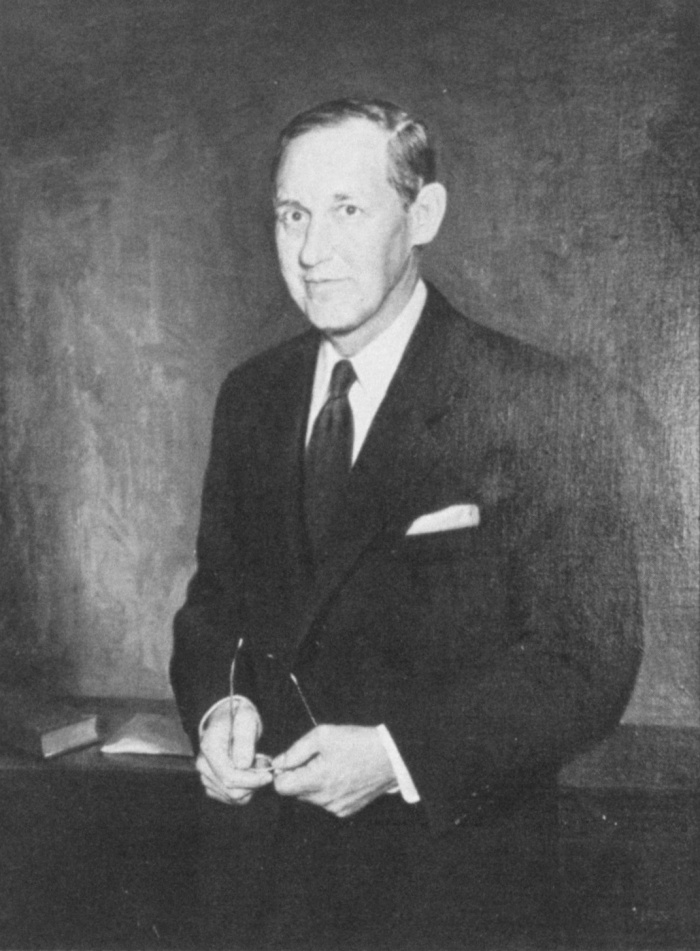“Tax and Tax, spend and spend, elect and elect.”
Asserted by theatrical producer Max Gordon and printed by conservative newspaper columnist Frank R. Kent in the 1930s; Gordon later admitted that Hopkins had not said what was claimed; reported in Paul F. Boller, Jr., and John George, They Never Said It: A Book of Fake Quotes, Misquotes, & Misleading Attributions (1989), p. 49-51. note: On the other hand, in an exchange of letters published in the New York Times on November 24, 1938, Harry Hopkins wrote to the Times insisting he never said this quotation but Arthur Krock, a writer for the Times, countered that he had personally verified the source of the quote from a close friend of Hopkins and that Hopkins had made the remark in all seriousness at a Yonkers racetrack. Krock surmised in his counter-letter that Hopkins was trying to avoid embarrassment as he (Hopkins) was up for a Cabinet position, Secretary of Commerce. Max Gordon later identified himself as the original source for Arthur Krock and denied these were the exact words of Hopkins but claimed the words contained the gist of what Hopkins said.
Fonte: See New York Times, https://www.nytimes.com/1938/11/24/archives/letters-to-the-times-delayed-mail-deliveries-methods-of-handling.html?scp=4 For a full analysis of the origins of the quotation see: https://www.barrypopik.com/index.php/new_york_city/entry/tax_and_spend note: Misattributed
Ref: en.wikiquote.org - Harry Hopkins / Misattributed
